Joseph Gayetty invented modern toilet paper back in 1857. Before his invention, things such as wool, hemp, pottery shards and special sticks were used. In some parts of the world, water is still preferred over paper, but if you live in the US, it’s likely you use Gayetty’s invention on a daily basis.
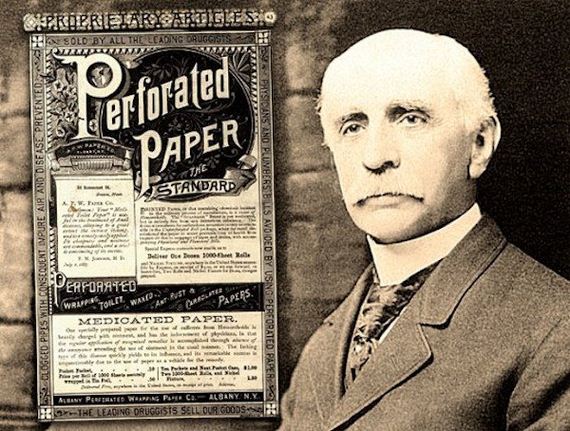
Nikola Tesla was a man of many inventions, such as the Tesla Coil, X-ray machines, Radio, the Remote, the laser, the electric motor, wireless communications and the alternating current. We could go all day.
Tragically the genius died without a penny to his name, so I’d say we owe him one.
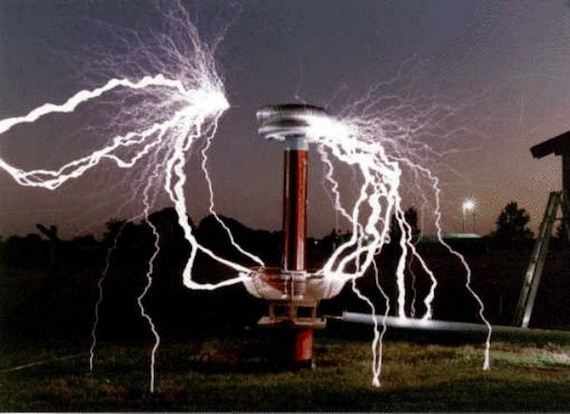
Alan Turing is credited with inventing the modern computer. Turing invented a code-breaking machine during WWII known as the Bombe, which is collectively considered as the first general purpose computer.
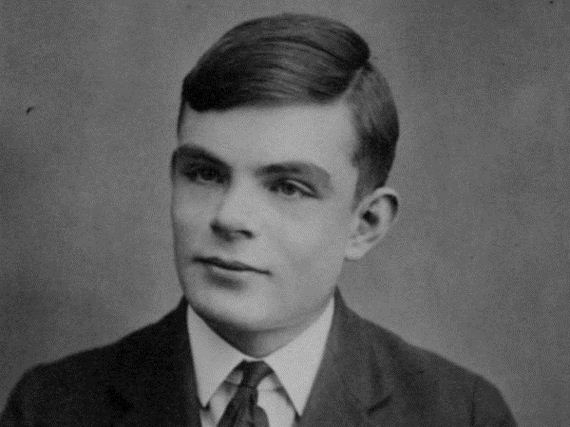
The son of an African-American father and a Native American mother, Crum was working as a chef in the summer of 1853 when he incidentally invented the chip. It all began when a patron who ordered a plate of French-fried potatoes sent them back to Crum’s kitchen because he felt they were too thick and soft.
The man invented chips, people. He might as well have conquered an empire all by himself; this man’s name should be sung throughout the great halls of our time.
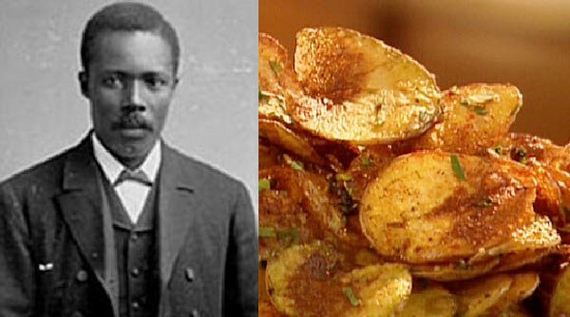
Chances are you’re sitting in an air conditioned room while reading this, and you have Willis Carrier to thank for that. Carrier founded his company back in 1915, and still makes air conditioners to this day.
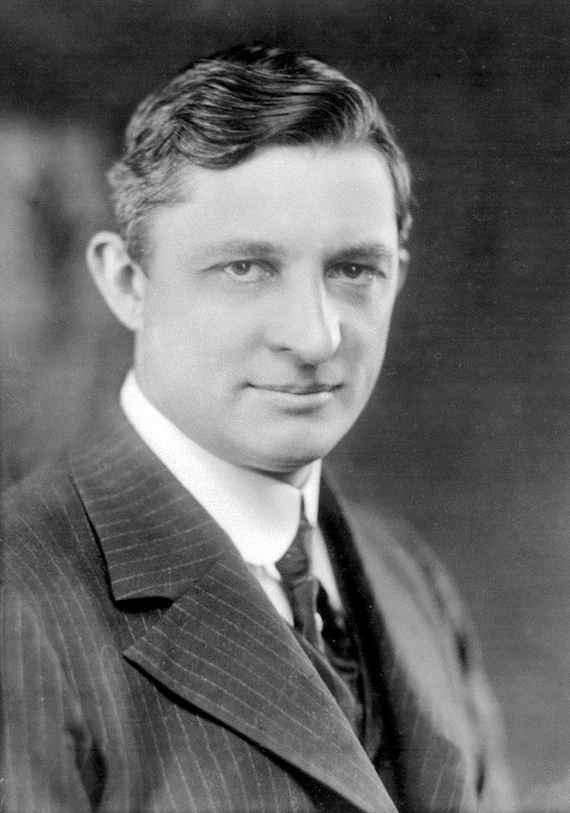
Alessandro Volta’s primitive version of a battery led to the modern copper batteries we use today. His early version was made by piling up layers of silver, cloth soaked in salt, and zinc. These sets were then piled up until desired voltage was reached.
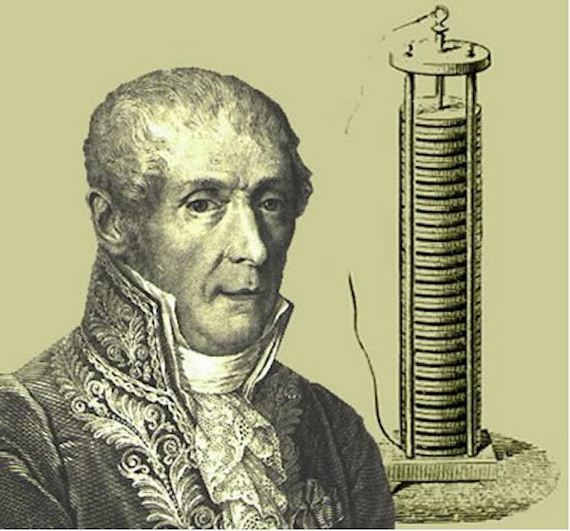
Somewhere around 1895, Buddy Bolden combined blues, gospel and improvisation and created an entire genre of music – Jazz. While it’s arguable he “invented” jazz since you can’t invent music, he definitely brought it to the forefront of popular music and made the trumpet one of the main instruments of the genre.
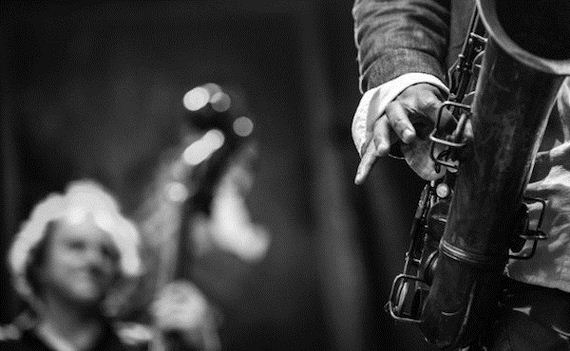
John Harrington, the Godson of Queen Elizabeth is credited with inventing the flushing toilet way back in 1596. Let the ‘John jokes’ fly, but make sure to tip a cap to this helpful man.
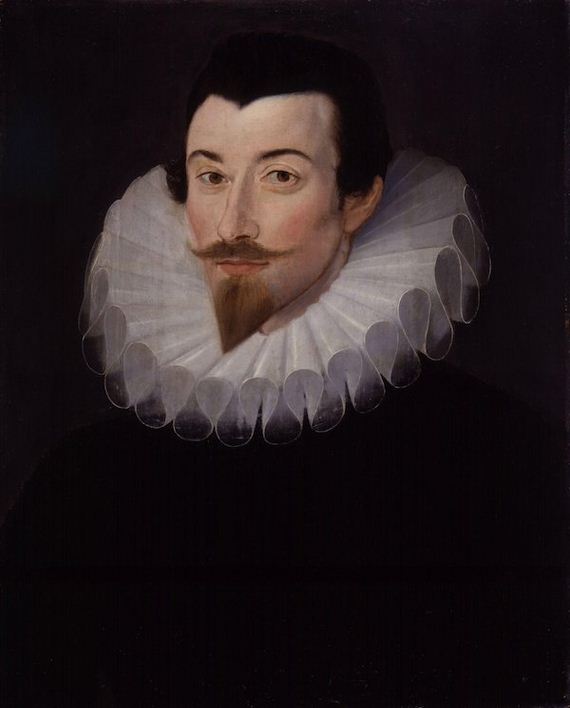
Cars aside, Henry Ford invented the 5 day, 40 hour workweek. Implemented in 1926, Ford saw that his workers were more efficient and driven if they had time to enjoy life. Prior to this, 6 10-13 hour workdays were the norm.
Sadly, I feel we are creeping back into this work schedule more and more every day as a society. The internet and smart phones means we can always work FOREVER!!
Sorry, that took a dark turn. Yah, Henry Ford!!
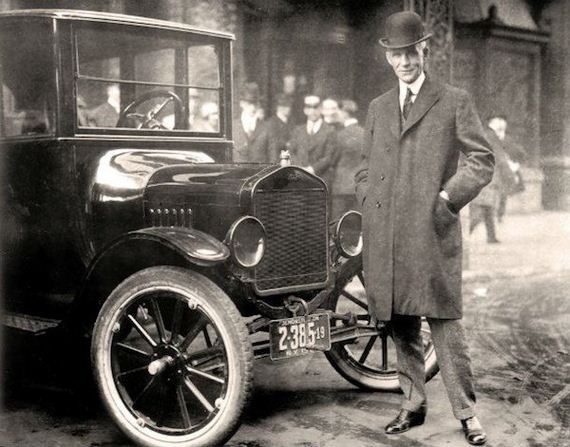
Despite never finishing grammar school, Percy Spencer invented the microwave. He discovered the technology on accident while developing microwave radar transmitters during WWII. The candy bar he kept in his pocket kept melting.
Let’s hope it was only the candy bar. Eesh.
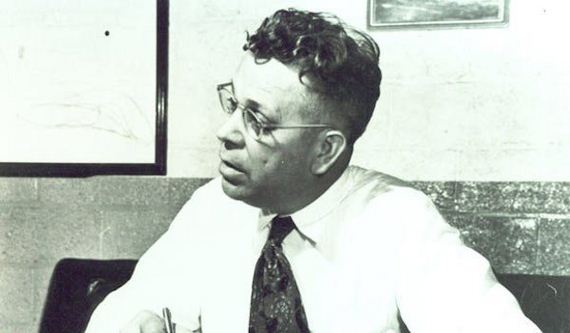
While walking his dog, George de Mesteral noticed burrs sticking to his clothing. The event caused him to wonder if the same principles could be applied to industrial fasteners, which resulted in Velco being invented.
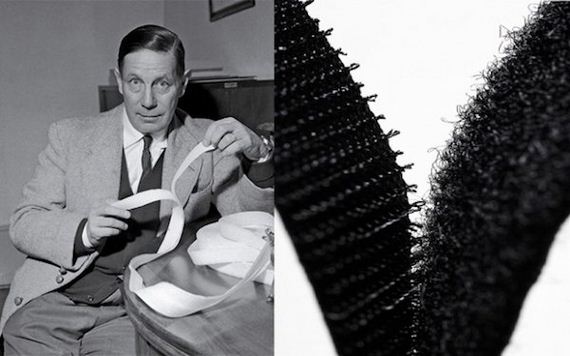
After discovering penicillin in 1928, Sir Alexander Flemming was awarded the Nobel Prize. It’s almost impossible to tell how many lives his work has saved since then.
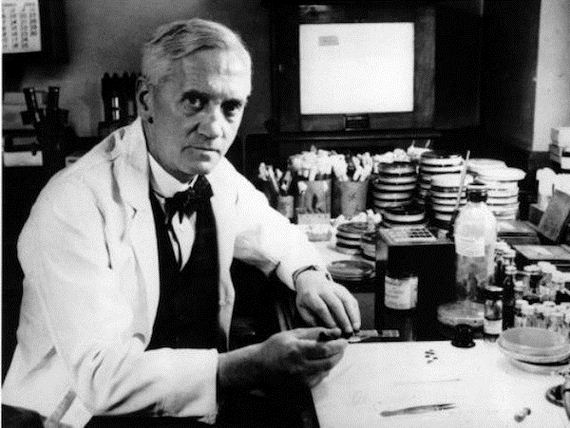
Ralph H Baer was the first to have the idea of a game that could be played on a TV screen. While most of us think Atari is the first Video Game console, the Odyssey – Baer’s console – beat it to shelves by a few months, and when Baer and Maganavox sued Atari for copyright infringement, they won.
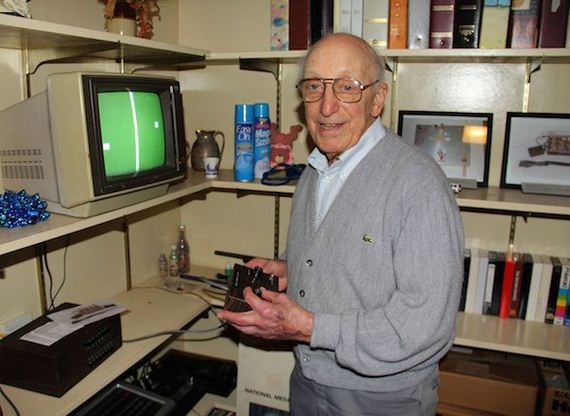
Benjamin Franklin invented the urinary catheter, the odometer, swim fins, and political cartoons, among other things like the lightning rod and the concept behind electricity. No big deal. Most of us who drive cars or wear fitbits literally look at the modern descendants of his inventions daily, and while a urinary catheter isn’t glamorous or fun, it’s a vital part of modern healthcare.
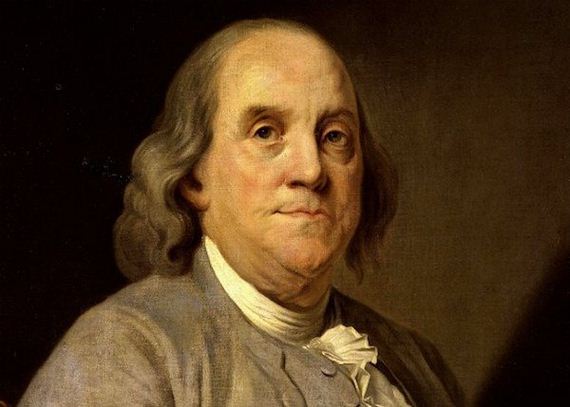
Jean Ames invented the rear-facing carseat for children, and implemented the ‘Y’ shaped strap that is still used today. The strap still plays, however, the deathtrap that was my childhood rear-facing carseat was banned for obvious safety reasons. Admittedly, it sure was fun making faces at cars stuck behind us.
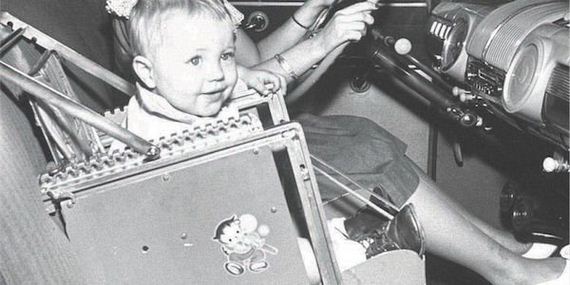
After noticing street car drivers in New York poking their heads out of windows during inclimate weather, Mary Anderson invented the windshield wiper. It’s amazing how simple an idea can revolutionize an entire way of life.
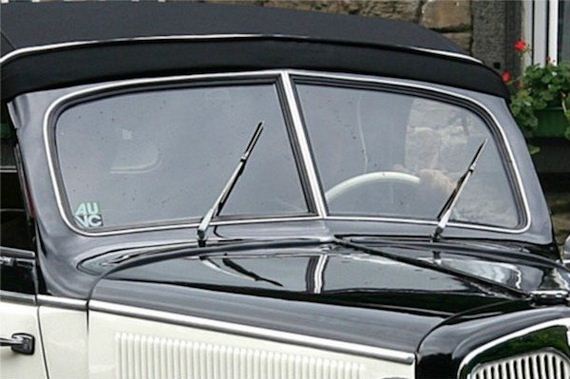
Nathaniel C. Wyeth created a type of polyethylene that could withstand pressure from carbonated liquids that was lighter than glass and nearly unbreakable – otherwise known as plastic bottles.

At this point it’s common knowledge, but Orville and Wilbur Wright invented the first powered, sustained and controlled (non gliding) flights in Kitty Hawk, North Carolina. Now if somebody could just help get the customer service on commercial flights back up to snuff.
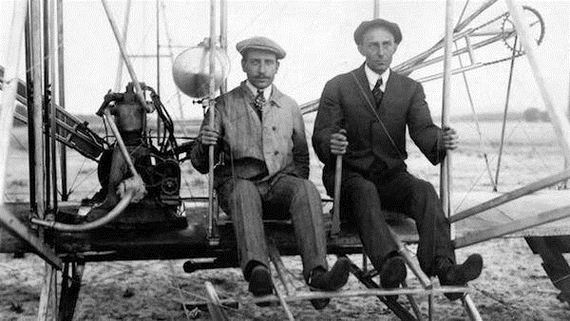
Chemist Eugene Schueller was both the founder of the L’Oreal company and the inventor of the modern sunscreen, which was released in 1936.
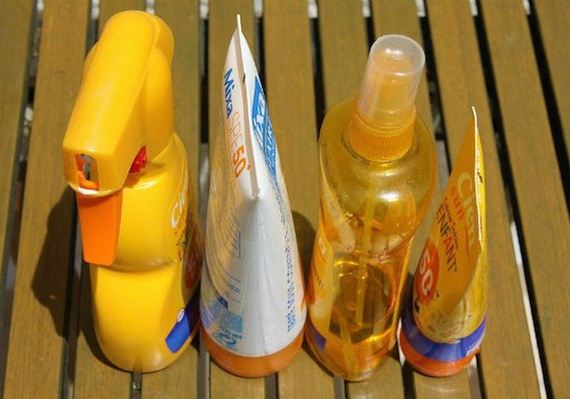
Asa Candler created the first known coupon for the Coca Cola company in 1887. It entitled bearers to one free glass of Coke and is credited with helping take the product from a little known tonic to the most popular soft drink in the world.
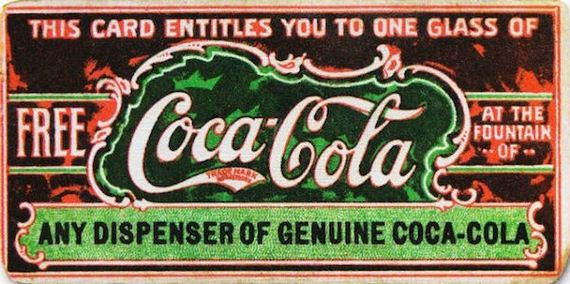
Alva J. Fisher invented a drum style washing machine called “Thor” in 1907, and it was the first electric washer sold in the United States. He worked for the Hurley Washing Machine Co. in Chicago. Before that, washing machines were hand cranked.
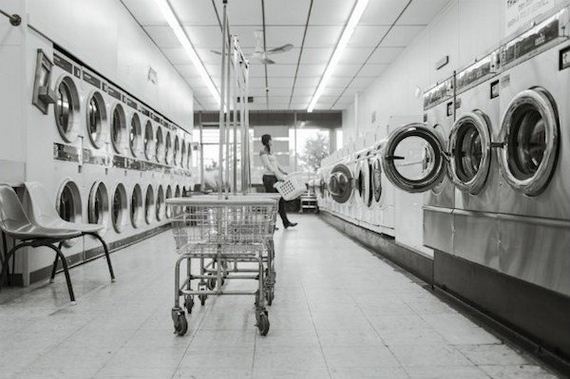
An Italian man by the name of Attilio Calimani ironically invented the French press. Known throughout the world by various names, the French press is one of the most foolproof and portable coffee pot designs.

During the mid-15th century, Johannes Gutenberg invented the printing press. His invention was paramount in bringing literacy to the masses.
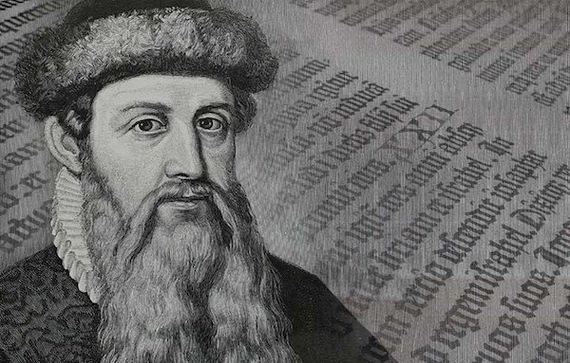
Despite manufacturers thinking they had any merit at the time, disposable Diapers were invented by a woman named Marion Donovan in the early 1950’s. It wasn’t until 1961 that Marion found someone who believed in her vision and Pampers were created.
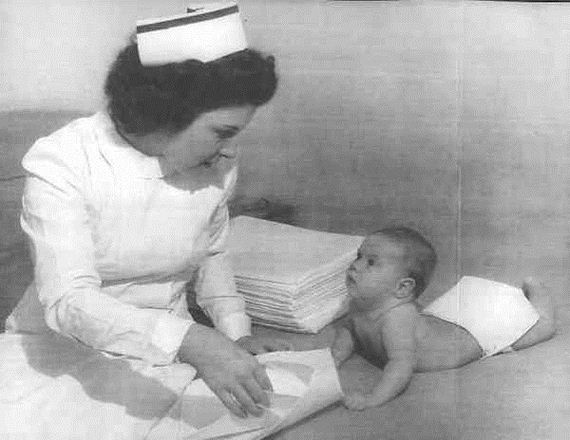
 Barnorama All Fun In The Barn
Barnorama All Fun In The Barn